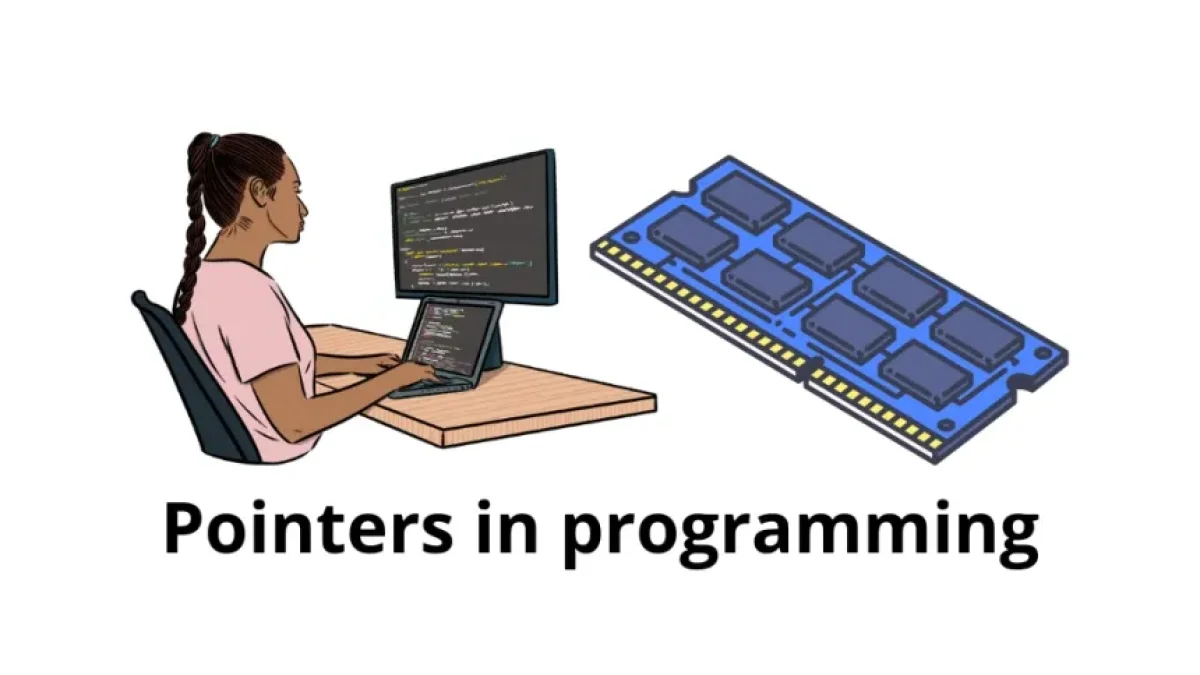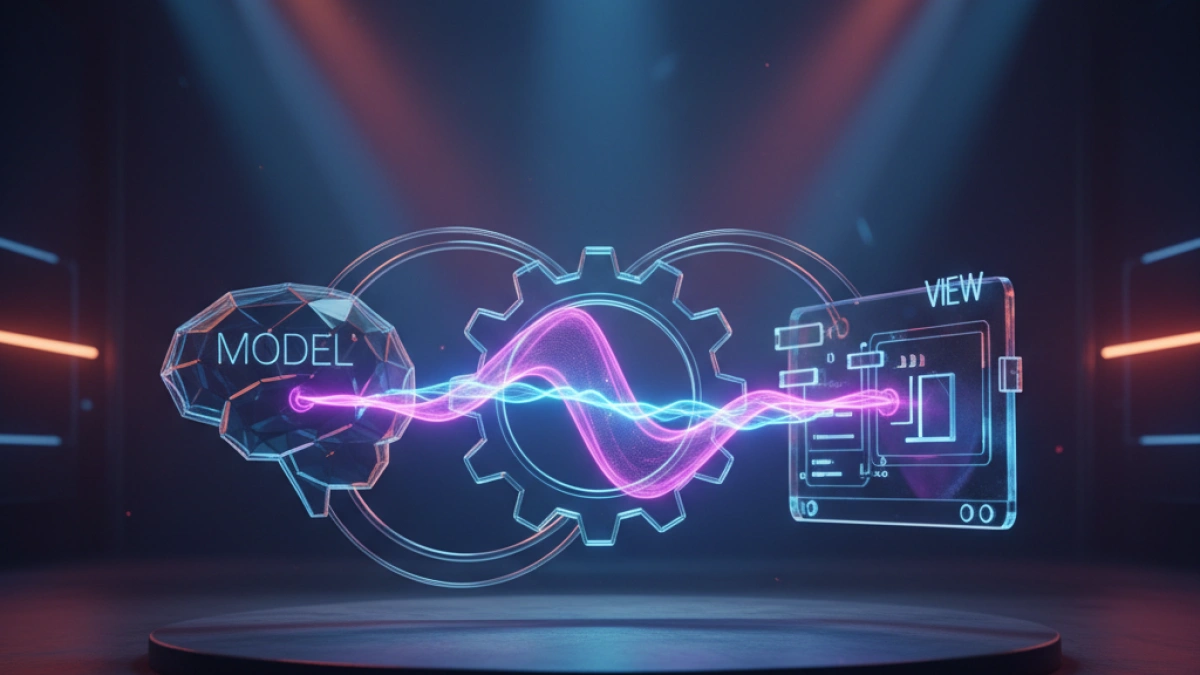What are pointers in programming and how do they work (C/C++)


Pointers are a fundamental concept in programming languages such as C and C++. This article will explain what pointers are, how they work, and their importance in programming. Additionally, we will look at practical examples that will help you understand their use.
What is a pointer?
A pointer is a variable that stores the memory address of another variable. This means that, instead of containing a direct value (like an integer or a character), a pointer holds the location where that value resides in the system's memory.
Pointer Example
To better understand what a pointer is, let's consider the following example in C:
int x = 10; // Integer variable int *p; // Declaration of a pointer to an integer p = &x; // Pointer p now stores the address of x
In this code, &x is used to obtain the address of the variable x, allowing pointer p to store that address.
Why are pointers important?
Pointers are important in programming for various reasons:
- Memory Efficiency: They allow for manipulating large amounts of data without needing to copy all the information.
- Data Structures: They are essential for implementing data structures like linked lists, trees, and more.
- Functions: They allow variables to be passed to functions efficiently and modify their value if necessary.
Types of pointers in C/C++
There are several types of pointers in C and C++, and each has its specific characteristics and uses:
Data Pointers
These are the most common pointers. They ensure that different types of data can be accessed.
Read also
int a = 5; int *pointer_int = &a;
Pointer to Pointers
A pointer can also point to another pointer, creating a form of double indirection.
int a = 5; int *p = &a; // Pointer to integer int **pp = &p; // Pointer to pointer
Null Pointers
A pointer that does not point to any address is known as a null pointer. It is used to initialize pointers that have not yet been assigned memory.
int *p = NULL; // Null pointer
Constant Pointers
A constant pointer is one whose address cannot change once assigned. This is useful to ensure that the pointer is not accidentally modified.
int a = 5; int *const p = &a; // Constant pointer to integer
Pointer Operations
Using pointers involves performing several operations. Let’s look at some of the most common operations.
Dereferencing
Dereferencing is the process of accessing the value of the object pointed to by the pointer. This is done using the * symbol.
int a = 5;
int *p = &a;
printf("%d\n", *p); // Output: 5Pointer Arithmetic
Pointer arithmetic allows navigating through memory. Pointers can be incremented or decremented, allowing access to different elements in an array.
int arr[] = {1, 2, 3};
int *p = arr; // Pointer to the first element of the array
printf("%d\n", *(p + 1)); // Output: 2Practical Example: Using Pointers in a Function
Next, we will show a practical example where we use pointers to modify values in a function:
#include <stdio.h>
void modify(int *ptr) {
*ptr = 20; // Change the value pointed to by ptr
}
int main() {
int x = 10;
printf("Before: %d\n", x); // Output: 10
modify(&x); // Pass the address of x
printf("After: %d\n", x); // Output: 20
return 0;
}Conclusion
Pointers are a powerful tool in C and C++ that provide considerable control over memory and program performance. Understanding how they work and how to use them correctly will allow you to write more efficient and robust code. While pointers can be a complicated concept at first, with practice and dedication, they become an integral part of your skills as a programmer.
Remember to practice regularly and experiment with examples and exercises to master the use of pointers in C/C++. Good luck with your learning!



















